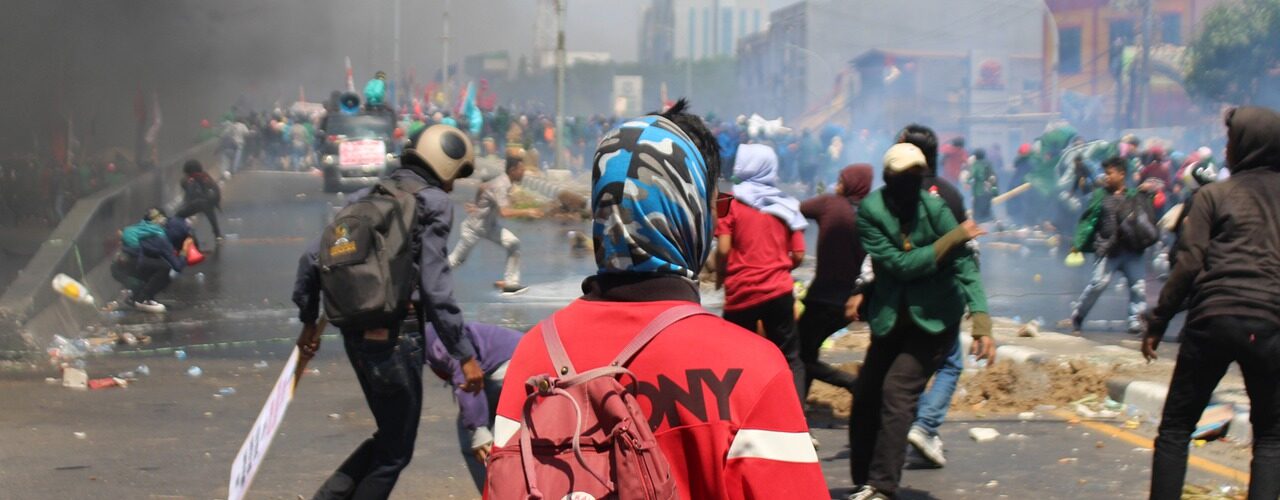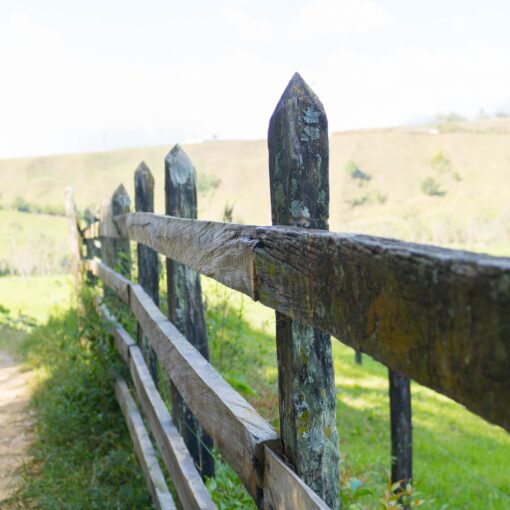Be it during the times of hunting-gathering or the age of full fledged civilizations, there’s always been a person leading from the front. They can be called chiefs (as in the case of tribes) or kings, emperors, etc. in the case of empires. More often than not, these ‘leaders’ were males and were chosen because of their wisdom and skill. It was their duty to take care of the people, defend them during times of war and oversee the efficient functioning of state machinery. Unsurprisingly, in the absence of such an entity, things mostly went downhill. Such situations led to extreme chaos and anarchy.
The Greek word arkhos means chief, leader or ruler. One of its commonly used descendants is the prefix arch-. When we say that A and B are arch-enemies, we mean to say that both are the chief enemies of each other. Same is true for arch-rivals (being the principal rivals).
When prefixed with an- (without), we get the word anarkhos (without ruler) which became anarchy in English. Thus, anarchy means a state of social or political chaos and disorder, as can be expected in the absence of a ruler. Following from it, someone who believes that there should be no governance or government is called an anarchist.
The term for a large group of scattered islands, archipelago, also has similar roots. It is formed using the words arkhos + pelagos (sea), the literal meaning of which comes out to be chief sea. The Greeks referred to the Aegean Sea (situated towards the east of Greece and a part of the Mediterranean Sea) archipelagos. But the Aegean Sea is dotted with a lot of small islands, therefore the modern sense came into being.
A related Greek word arkheia referred to official records. It’s the root of the word archive in modern English which means a collection, repository or data bank. It can also be used as a verb to denote storing something as in ‘The document was archived in 1962’.
But as is the case with humans, not all chiefs and rulers were great at managing large kingdoms. Some ruled with an iron hand, crushing every form of dissent among their people. In Greek, rulers with absolute power were called tyrannos. The derived word tyrant means a cruel and repressive ruler. Similarly, the rule of a tyrant is called tyranny.
Now that you are acquainted with these words, go ahead and try the quiz and crossword below. The table immediately below could prove to be a helpful tool.
Table Summary:
| Prefix | Word | Suffix | Meaning |
| Arch- | Chief or main as in arch-enemies | ||
| Anarchy | A state of social or political chaos or disorder | ||
| Anarchy | -ist | Someone who believes that there should be no government | |
| Archipelago | A large group of islands | ||
| Archive | Collection, repository or data bank | ||
| Tyrant | A cruel ruler | ||
| Tyranny | Cruel and oppressive government rule |










